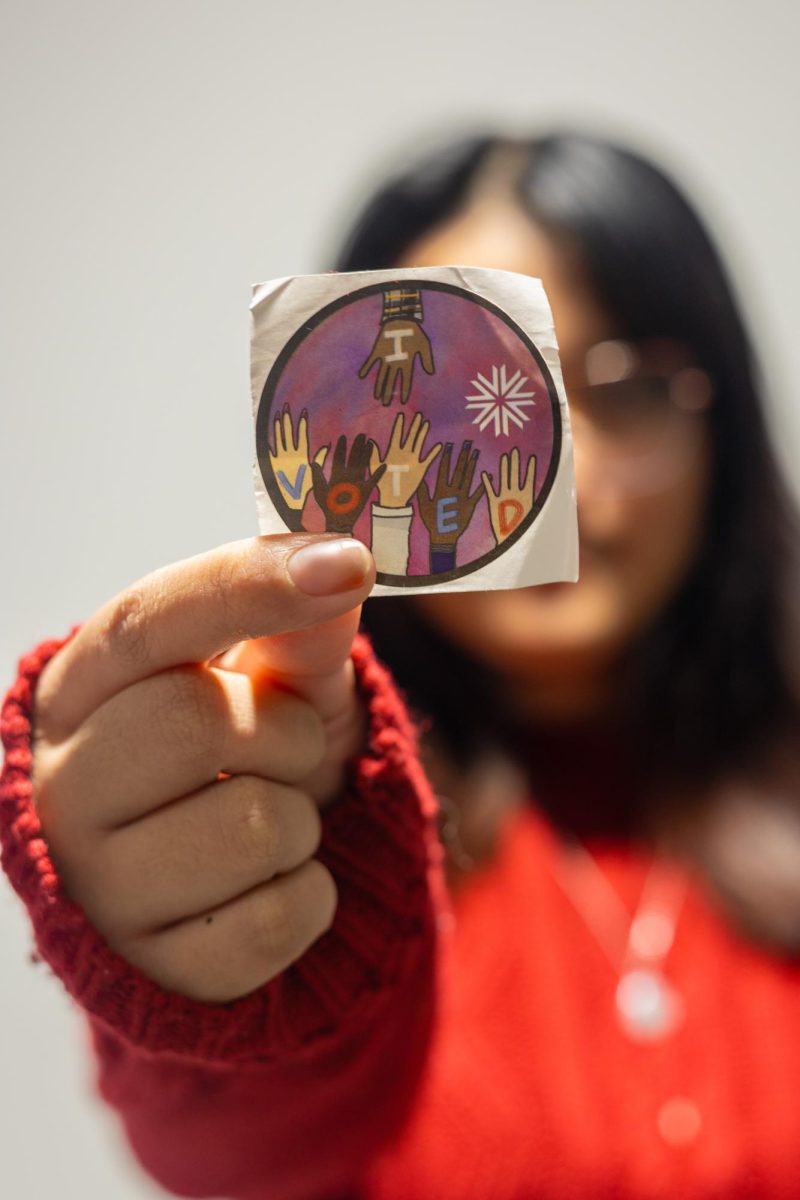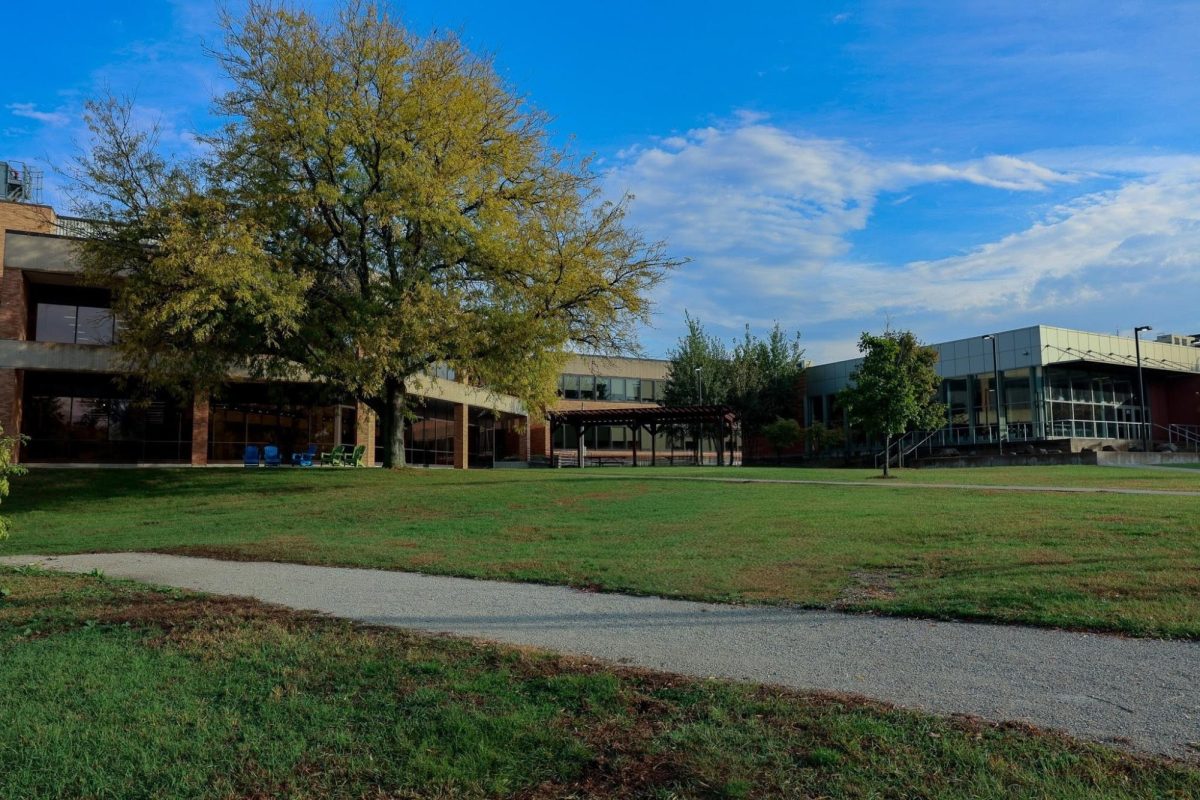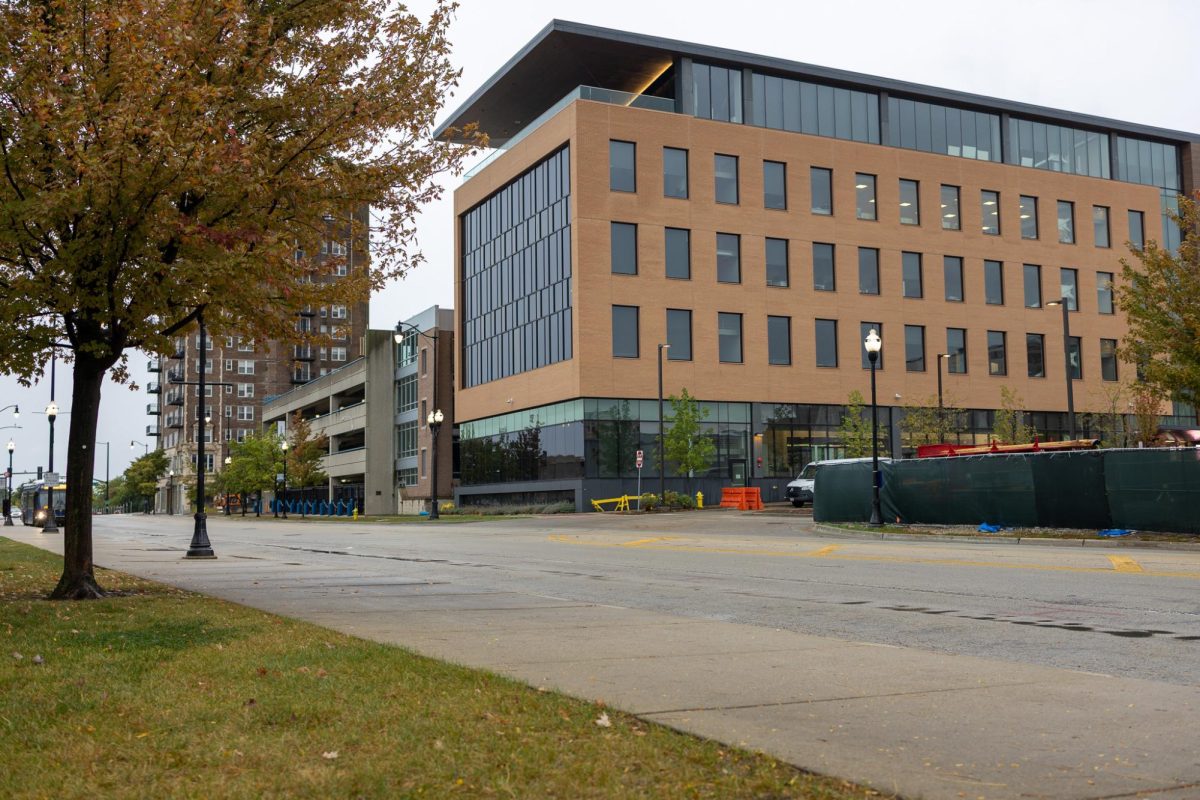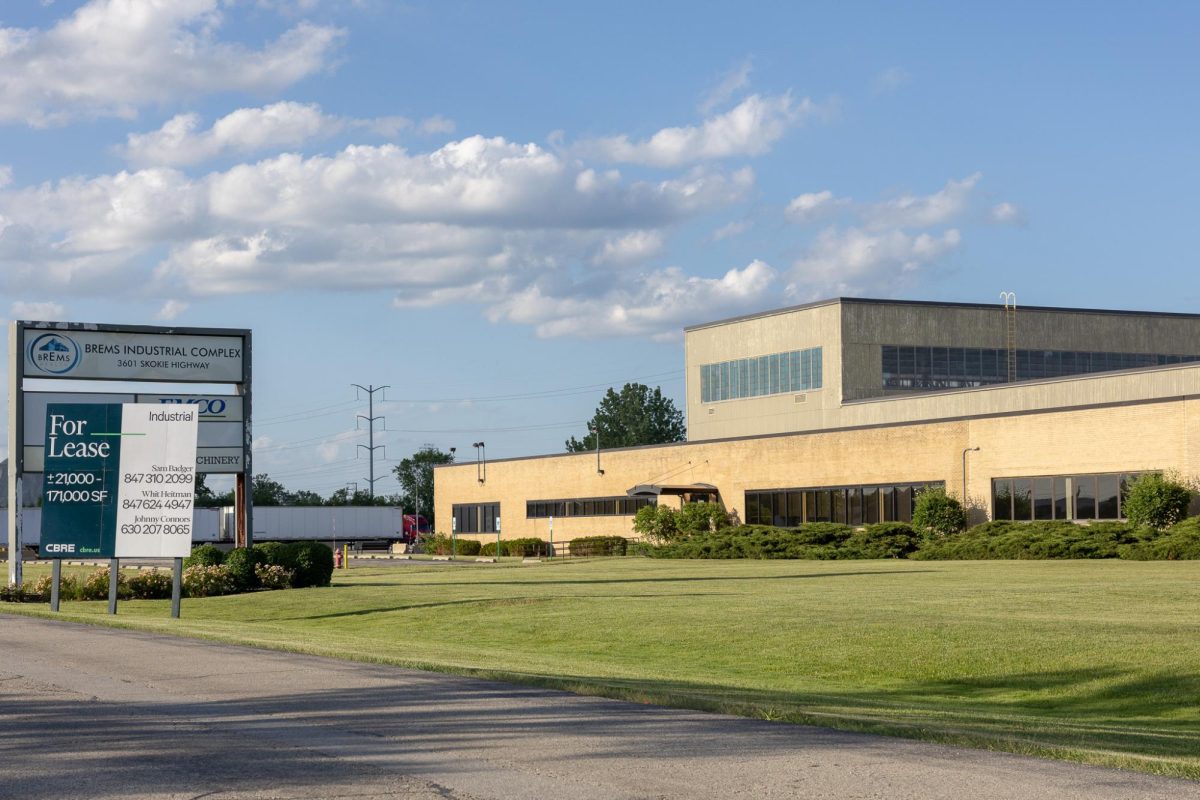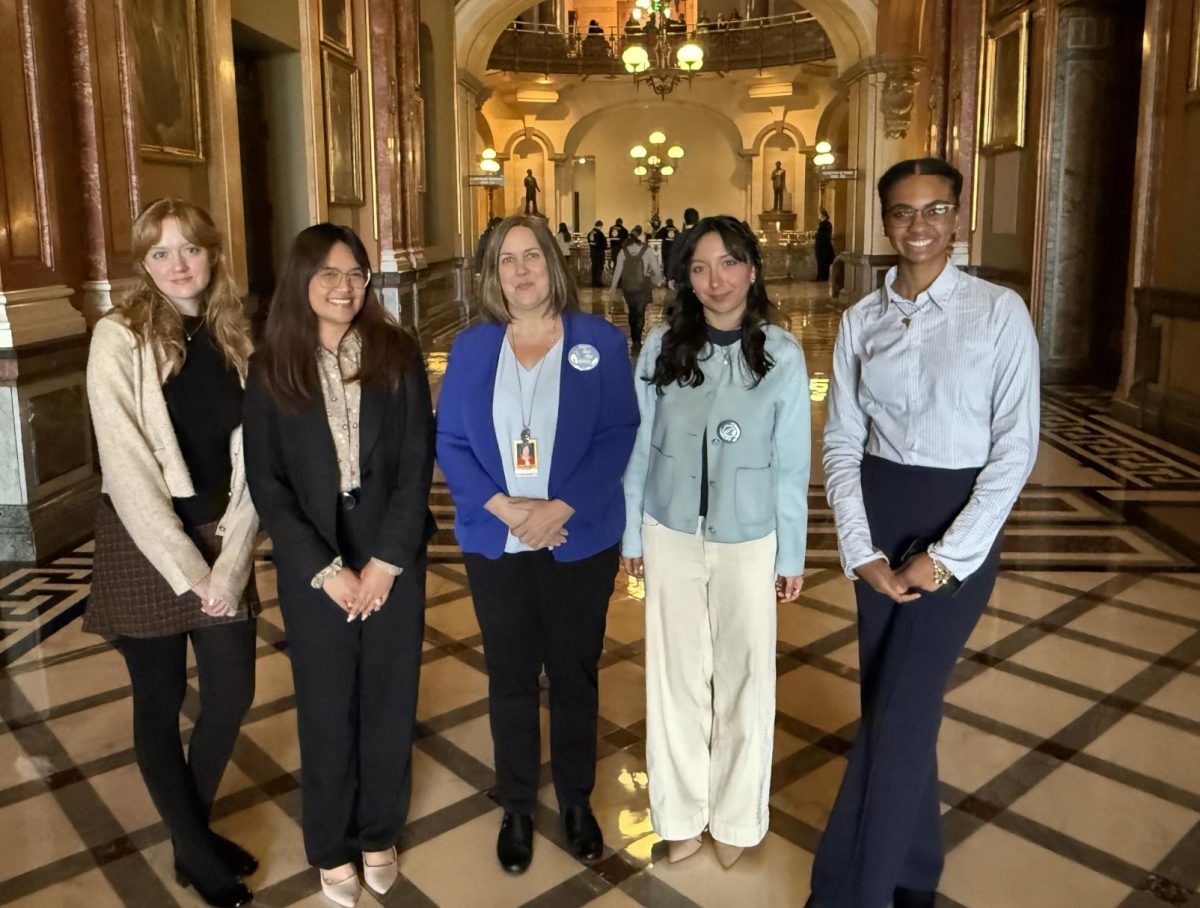On the day of the presidential election, students at the CLC Grayslake campus were asked if they planned to vote and whether they believed their vote mattered.
Kairene Casaparo, who is majoring in audiovisual production, voted early and doubted that his decision had an impact.
“The electoral college makes it feel like individually, my vote doesn’t matter,” Casaparo said. “Even though a person could get a lot of votes in terms of popularity, if that state doesn’t really matter, what’s the point?”
Most of the states that tend to “matter” to presidential candidates during a campaign are swing states, and Illinois is not one of them.
For the past eight presidential elections, Illinois has voted Democratic, with the majority of votes coming from the metropolitan area and the third largest city in the United States, Chicago. The districts that make up the two have a total of over 10 million people, more than a third of the Illinois’ population.
Most of the people living in and around the city tend to vote Democratic, leaving Republicans with an unlikely chance of turning over the state. Because the candidates are aware of this, many don’t bother visiting those states to campaign.
Paul Latacz, who is taking general education courses, said voting isn’t “important.”
“It’s just not part of my plan,” Latacz said, “especially when your choice doesn’t matter.”
No matter who wins the election, Latacz said the results wouldn’t really affect him, so he’s deciding not to vote.
The right to vote in presidential elections is given to all Americans. Deciding not to vote is a decision some people make when they feel their vote doesn’t matter or when they don’t trust either candidate. However, not everyone has the opportunity to make that kind of decision.
Ivette Venegas has been working as a nurse for the past five years and is currently taking classes at CLC. She was born in Guadalajara, Jalisco, a city in Mexico. She came to the United States at the age of 6 and hasn’t returned since. At the age of 17, she started the process of becoming a U.S. citizen. Now a 29-year-old, Venegas is still trying to complete the process.
Because Venegas is not a citizen of the United States, she is unable to vote in a federal election.
“I wish I could,” Venegas said. “That would be one of the first things that I would do.”
Although Venegas was a nurse during the pandemic and was considered an “essential worker, ”she still doesn’t have the right to vote no matter how crucial her job is.
Venegas said she is not for or against any of the candidates since she is not allowed to vote. However, with one of the candidates being Donald Trump, Venegas fears what will happen to her if he were to win.
“I was afraid the first time around,” Venegas said. “If he wins, he’s going to fight against immigrants.”
Although the results of the election scare Venegas, she said she now knows others in power that will have her back and stand up against him, as they have in the past. She added that no matter what the results are, it’s not going to change who she is as a person.
“I can’t let it bother me,” Venegas said “I’m still gonna keep working on what I need to do. It’s not going to stop the way that I provide as a nurse.”
The results of the election have the potential to affect the lives of many people, whether it be in a small or life-changing way. The politics of this presidential election have become so polarizing that it has split the American people in half, pitting family and friends against one another and sometimes damaging or destroying the strong ties they once had.
Gwen Thommes, who is majoring in communication sciences and disorders, voted on the day of the election. As an 18-year-old, this was her first time exercising her right to vote.
“As a woman, I know that we didn’t always have that privilege,” Thommes said. “Getting your voice heard is important.”
Thommes lives in a house where both of her parents are conservative Trump supporters, and she is a progressive Kamala Harris supporter. Tensions around the home have been high because of their political differences. On election morning, Thommes got into an argument with her parents. Instead of going to the polls with them for the first time, she went with one of her friends.
“I didn’t feel comfortable,” Thommes said. “It’s better voting with the right people – people who can support you and make that experience good and rewarding rather than tense and angry.”
Living in a household with conflicting viewpoints has made her feel isolated and alone at times. Being surrounded by what they think and what they believe in makes it “hard to have a mutual conversation” with her family, she said. However, despite their disputes, her parents have never made her feel unwelcome.
“We can argue about it and still love each other,” Thommes said. “Human decency toward each other has gotten lost within politics and elections.”
When she returned from the polls, Thommes said she felt good. Although she didn’t vote the way her parents wanted her to, they were encouraging about her decision to go vote and to make her voice heard. She added that after voting she felt that the tension in her home went down. The Thommes family are at a point where they can agree that they are all adults and can make their own decisions.
“Having that ‘I disagree with you, but I still see you as a person’ is important, and that’s definitely present within my family, which I appreciate,” Thommes said.

